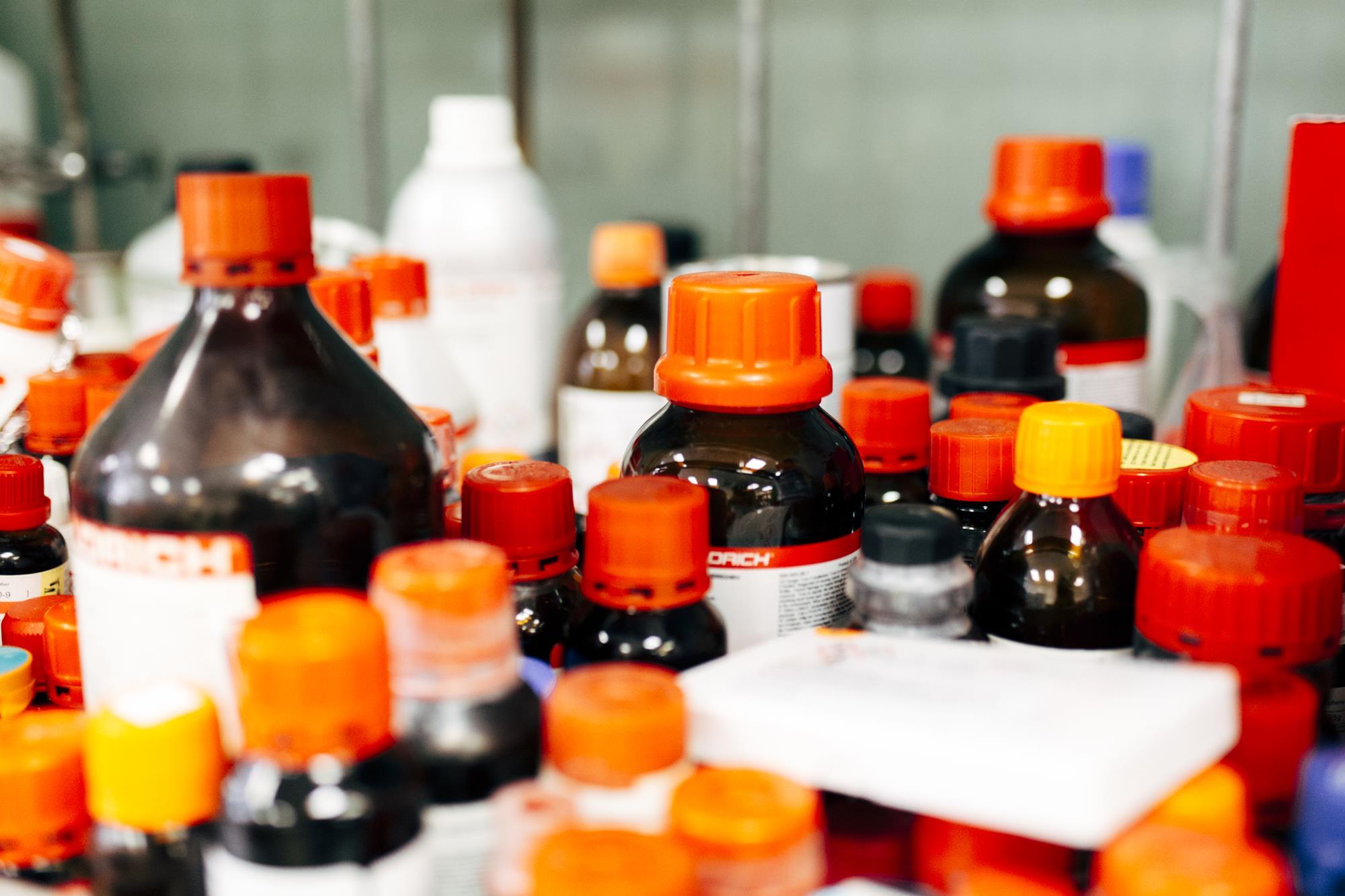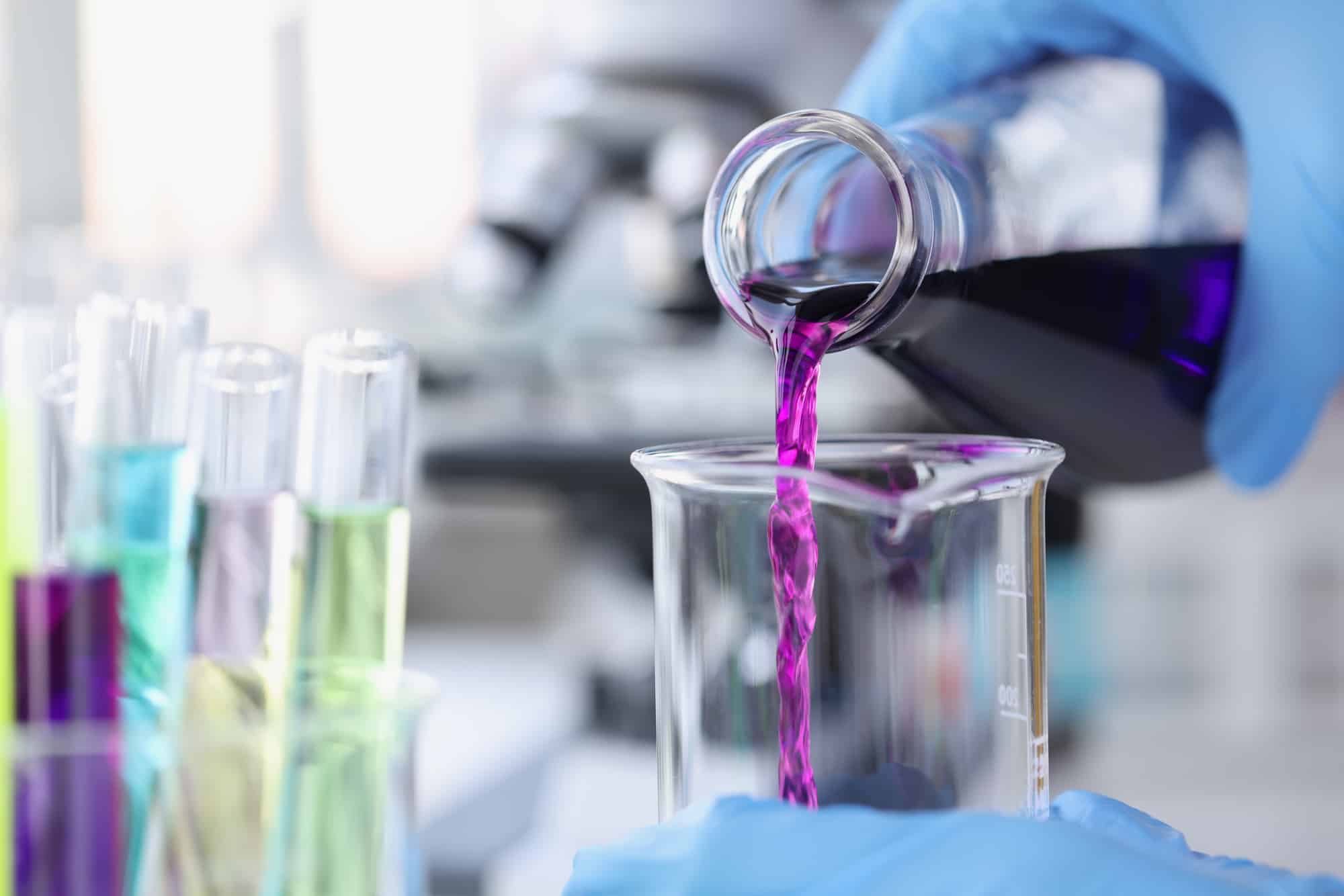Chemical reactions are the fundamental processes that drive countless industries and scientific advancements. Whether you are a chemist, a student, or simply curious about the world around you, understanding how to treat a chemical reaction is essential. In this comprehensive guide, we will delve into the intricacies of chemical reactions, exploring key concepts, techniques, and best practices.
- Understanding the Basics:
Before diving into the complexities of chemical reactions, it is crucial to grasp the fundamental principles. We will explore concepts such as reactants, products, stoichiometry, and balancing equations. By establishing a solid foundation, you will be better equipped to tackle more advanced topics. - Factors Influencing Chemical Reactions:
Chemical reactions are influenced by various factors, including temperature, pressure, concentration, and catalysts. We will discuss how these factors affect reaction rates and equilibrium, providing practical insights into optimizing reaction conditions for desired outcomes. - Reaction Mechanisms and Kinetics:
Delving deeper, we will explore reaction mechanisms and kinetics. This includes understanding reaction orders, rate laws, and the role of intermediates. By comprehending the underlying mechanisms, you can gain valuable insights into reaction pathways and predict reaction outcomes. - Controlling Reaction Selectivity:
In many applications, controlling the selectivity of a chemical reaction is crucial. We will explore techniques such as controlling reaction conditions, using specific catalysts, and employing advanced synthesis strategies. These approaches will enable you to achieve desired products while minimizing unwanted byproducts. - Safety Considerations:
Working with chemical reactions requires utmost care and attention to safety. We will discuss essential safety protocols, including proper handling of reagents, understanding potential hazards, and implementing appropriate protective measures. By prioritizing safety, you can ensure a secure working environment. - Advanced Topics and Emerging Trends:
To stay at the forefront of chemical reactions, it is essential to explore advanced topics and emerging trends. We will touch upon topics such as green chemistry, flow chemistry, and computational methods. These cutting-edge techniques offer exciting opportunities for enhancing reaction efficiency and sustainability.
Conclusion:
Mastering the art of chemical reactions is a lifelong journey. By understanding the basics, exploring factors influencing reactions, delving into reaction mechanisms, controlling selectivity, prioritizing safety, and staying updated with advanced topics, you can become a proficient practitioner in this field. Remember, practice and continuous learning are key to honing your skills and unlocking the vast potential of chemical reactions.


